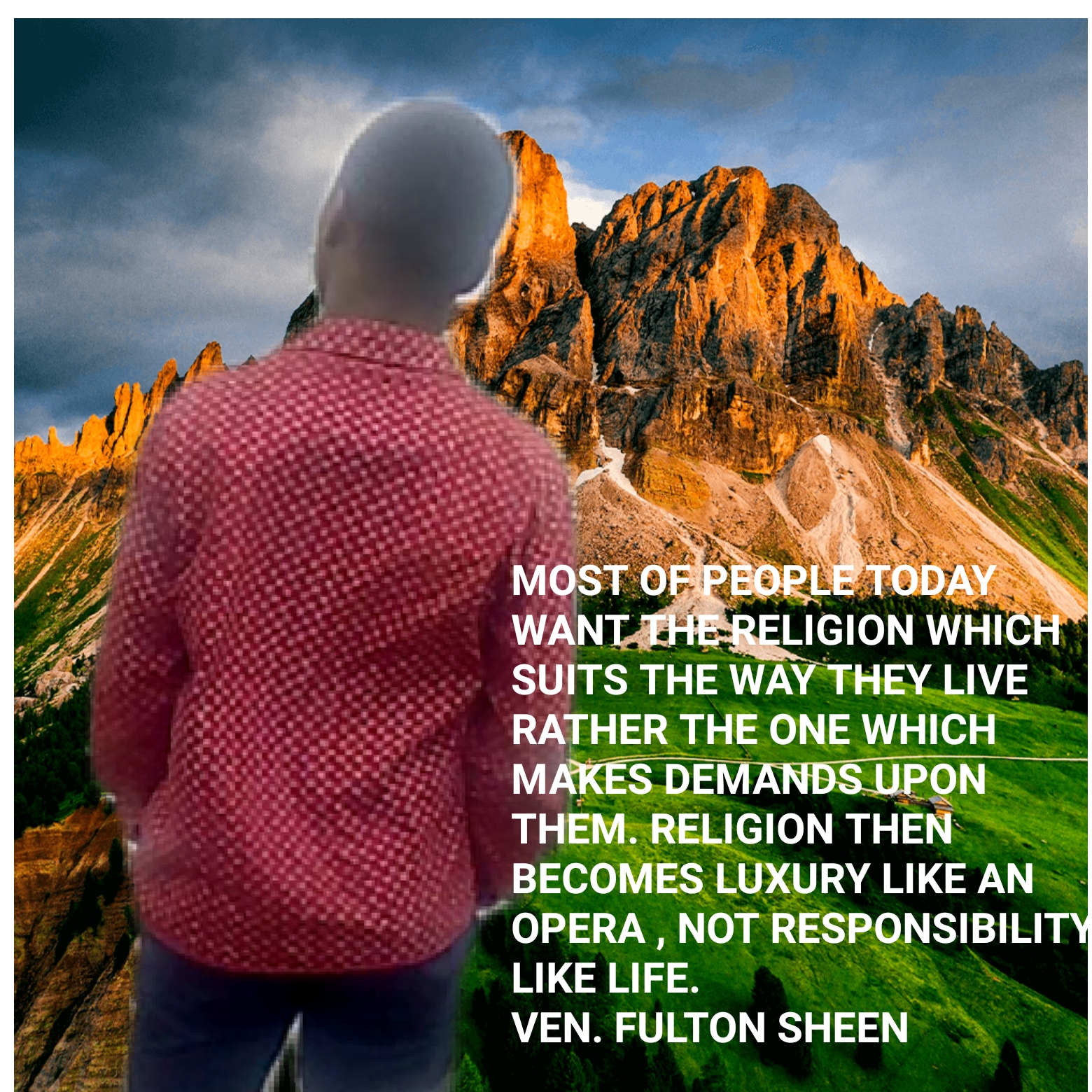THE TWO ERRORS OF COMMUNISM AND HISTORICAL LIBERALISM ON WOMEN
(1) that women were never emancipated until modern times, since religion particularly kept them in servitude;
(2) that equality means the right of a woman to do a man's work.
It is not true that women began to be emancipated in modern times and in proportion to the decline of religion. Woman's subjection began in the seventeenth century, with the breakup of Christendom, and took one positive form at the time of the Industrial Revolution. Under the Christian civilization women enjoyed rights, privileges, honours, and dignities which have since been swallowed up by the machine age. No one has better dissipated the false idea than Mary Beard in her scholarly work: Woman as Force in History. She points out that, of eighty-five guilds in England during the Middle Ages, seventy-two had women members on an equal basis with men, even in such professions as barbers and sailors. They were probably as outspoken as men, for one of the rules of the guilds was that “the sisters as well as the brethren" may not engage in disorderly or contumacious debates.
In Paris, there were fifteen guilds reserved exclusively for women, while eighty of the Parisian guilds were mixed. Nothing is more erroneous historically than the belief that it was our modern age which recognized women in the professions. The records of these Christian times reveal the names of thousands upon thousands of women who influenced society and whose names are now enrolled in the catalogue of saints -Catherine of Siena alone having left eleven large volumes of her writings. Up to the seventeenth century in England, women engaged in business, and perhaps even more so than today: in fact, so many wives were in business that it was provided by law that the husbands should not be responsible for their debts. Between 1553 and 1640, ten percent of the publishing in England was done by women.
Because the homes had their own weaving, cooking, and laundry, it has been estimated that women in pre-industrial days were producing half the goods required by society. In the Middle Ages women were as well educated as men, and it was not until the seventeenth century that women were barred from education. Then, at the time of the Industrial Revolution, all the activities and freedom of women were curtailed, as the machine took over the business of production and men moved into the factory. Then came a loss of legal rights by women, which reached its fullness in Blackstone, who pronounced woman's "civil death" in law.
As these disabilities continued, woman felt the loss of her freedom, and rightly, so, because she felt she had been hurt by man and robbed of her legal rights; and she fell into the error of believing that she ought to proclaim herself equal with men, forgetful that a certain superiority was already hers because of her functional difference from man.
Equality then came to mean, negatively, the destruction of all privileges enjoyed by specific persons or classes, and, positively, absolute and unconditioned sex equality with men. These ideas were incorporated into the first resolution for sex equality passed in Seneca Falls, New York, in 1848: "Resolved that woman is man's equal, was intended to be so by the Creator, and the highest good of the race demands that she be recognized as such."
This brings us to the second error in the bourgeois-capitalistic theory of women, namely, the failure to make a a distinction between mathematical and proportional equality.
Mathematical equality implies exactness of remuneration, for example, that two men who work at the same job at the same factory should receive his pay. Proportional equality means that each should receive his pay according to his function. In a family, for example, all children should be cared for by the parents, but this does not mean that, because sixteen-year-old Mary gets an evening gown with an organdy trim, the parents should give seventeen-year-old Johnnie the same thing. Women, in seeking to regain some of the rights and privileges they had in Christian civilization, thought of equality in mathematical terms or in terms of sex. Feeling themselves overcome by a monster called "man", they identified freedom and equality with the right to do a man's job.
All the psychological, social, and other advantages which were peculiar to women were ignored until the inanities of the bourgeois world reached their climax in Communism, under which a woman is emancipated the moment she goes to work in a mine. The result has been that womans imitation of man and her flight from motherhood has developed neuroses and psychoses which have reached alarming proportions, The Christian civilization never stressed equality in a mathematical sense, but only the proportional sense, for equality is wrong when it reduces the woman to a poor imitation of a man. Once woman became man's mathematical equal, he no longer gave her a seat in a bus, arid no longer took off his hat in an elevator. (In a New York subway recently a man gave a woman his seat and she fainted. When she revived, she thanked him, and he fainted.)
Modern woman has been made equal with man, but she has not been made happy. She has been "emancipated", like a pendulum removed from a clock and now no longer free to swing, or like a flower which has been emancipated from its roots. She has been cheapened in her search for mathematical equality in two ways: by becoming a victim to man and a victim to the machine. She became a victim to man by becoming only the instrument of his pleasure and ministering to his needs in a sterile exchange of egotisms. She became a victim to the machine by subordinating the creative principle of life to the production of nonliving things, which is the essence of Communism.
This is not a condemnation of a professional woman, because the important question is not whether a woman finds favour in the eyes of a man, but whether she can satisfy the basic instincts of womanhood. The problem of a woman is whether certain God-given qualities, which are specifically hers, are given adequate and full expression. These qualities are principally devotion, sacrifice and love. They need not necessarily be expressed in a family, nor even in a convent. They can find an outlet in the social world, in the care of the sick, the poor, the ignorant-in the seven corporal works of mercy. It is sometimes said that the professional woman is hard. This may in a few instances be true, but if so it is not because she is in a profession, but because she has alienated her profession from contact with human beings in a way to satisfy the deeper cravings of her heart. It may very well be that the revolt against morality and the exaltation of sensuous pleasure as the purpose of life are due to the loss of the spiritual fulfilment of existence. Having been frustrated and disillusioned, such souls first become bored, then cynical, and finally, suicidal.
Archbishop Fulton J. Sheen


Comments